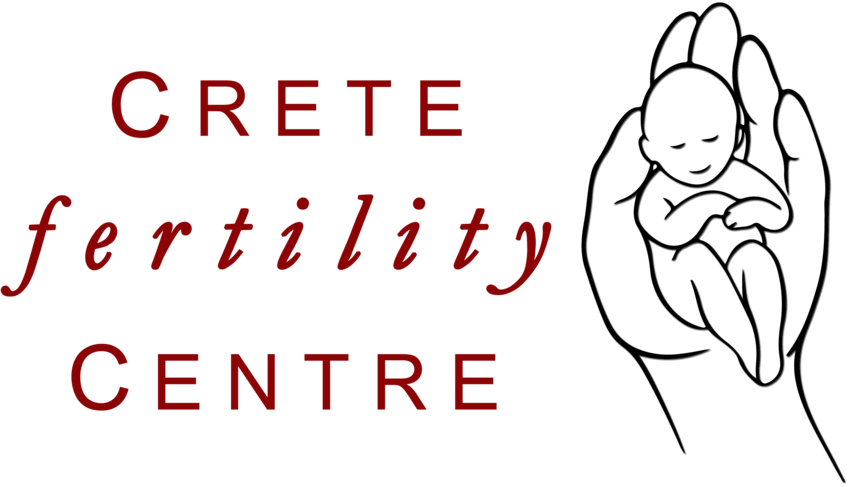How to Reverse Menopause Temporarily

Menopause, sometimes known as the “change of life,” is a normal process that typically happens to women when they reach middle age. Although it can begin as early as a woman’s 40s, it most frequently affects women in the world in their early 50s. The cessation of menstruation and a woman’s capacity for natural conception are two further aspects of the “great change” that affect them.
However, does a woman’s capacity to become pregnant end with menopause? According to recent studies, it may be able to delay menopause and prolong the ovarian activity that is necessary for conception, something that is succeeded with the ovarian rejuvenation technique.
What occurs throughout menopause?
All women experience physical and hormonal changes throughout the menopause. When twelve months have passed since your last period, menopause “begins” formally. However, in the days, weeks, and years preceding this period, you can suffer a number of symptoms, including hot flashes, sleep issues, changes in weight, and irregular monthly cycles. All of these are signs of perimenopause, which is the period “around or before menopause,” when a woman’s body starts to enter full menopause.
How soon does menopause begin?
Menopause can begin at a different period for every woman. Menopause happens in stages, and in some situations, a woman may not enter menopause totally for eight to 10 years. The menopausal transition often starts for women in their mid-40s or early 50s. However, for some women, the menopause can begin as early as the early thirties.
How does the body respond to menopause?
The symptoms that arise during and before the beginning of menopause vary widely from woman to woman. This happens despite the fact that menopause and various stages of the menopausal transition are a natural aspect of aging that all women experience. Hormonal changes are the primary cause of numerous physical changes that take place before and during menopause. Female hormones connected to reproduction include estrogen and progesterone.
The levels of these hormones decrease as a woman ages and approaches menopause because of changes in ovarian function. A woman who has begun menopause will no longer have periods and will be unable to become pregnant naturally. Reduced estrogen levels can affect the body in other ways, causing immune system alterations, higher cholesterol, hot flashes, mood swings, frequent urination, and changes in your sexual drive.
Can you temporarily reverse menopause ?
According to ingrained notions about menopause, the condition cannot be reversed and your ovaries cannot be restored to their pre-menopausal state (postmenopause). This assumption might not be accurate, at least in some circumstances, according to recent and ongoing studies.
Recent research suggests that the effects of menopause might be temporarily or permanently reversed. Two potential treatments are the subject of current research, both of which aim to lessen menopause symptoms and reestablish the body’s normal ovulation cycle. It is significant to highlight that both treatments are still in the early stages of research, but studies suggest they have promise for women hoping to perhaps delay menopause.
Reverse menopause with melatonin treatment
Melatonin is a hormone that occurs naturally and is also a well-known sleep aid supplement. The pineal gland is where it is made. This gland begins to diminish as women approach menopause, according to studies. However, scientists think that melatonin is important for the synthesis of reproductive hormones. As a result, when it is absent, the levels of these vital hormones rapidly drop.
In women between the ages of 43 and 49 who were either in perimenopause or menopause at the time of the study, a nightly dose of three milligrams of melatonin restored monthly menstruation. A recent study on the effects of the hormone on specific menopausal symptoms supports this statement. Older women between the ages of 50 and 62 did not experience any noticeable effects from melatonin supplementation.
Reverse menopause with ovarian rejuvenation
The research on a second treatment, ovarian rejuvenation, is still in its early stages. Platelet-rich plasma is injected into the ovaries during ovarian rejuvenation. Blood is used to create platelet-rich plasma (PRP). Doctors take a patient’s blood sample and centrifuge it to separate the platelets from the plasma before injecting the PRP (the liquid portion of blood). The injection is then made using the platelets.
PRP helps the body’s innate healing processes, which is why doctors employ it in a variety of medical operations. PRP injections may occasionally be able to speed up the healing of wounds caused by trauma or damage. In other instances, PRP injections are used as a therapeutic option for muscular injuries, arthritis, and hair loss. Additionally, PRP is a powerful, all-natural technique to boost blood flow, lessen inflammation, and promote tissue regeneration.
The idea that PRP might be used to potentially reverse menopause is based on the idea that since PRP can undo the effects of aging throughout the body, it might also awaken latent eggs in the ovaries.
Effects of ovarian rejuvenation
Hormone levels were measured in individuals at the start of the trial and then every month after that to track their ovarian function. All females resumed regular menstruation after one to three months of PRP injections, and scientists were able to collect mature eggs for in-vitro fertilization (IVF).
Additionally, research points to the possibility of pregnancy following the onset of perimenopause. Although difficult for some, operations like ovarian rejuvenation may, at least temporarily, cause the ovaries to start spontaneously releasing eggs again. Ovarian rejuvenation may restore or even rebalance levels of reproductive hormones necessary for egg release, depending on the individual. This surgery may assist women in getting pregnant naturally or enable medical professionals to collect mature eggs for IVF treatments.
Summing Up
Ovarian rejuvenation has been the subject of research for some time. Early-stage clinical trials started in 2015 carried out with success in Crete Fertility Centre and the data from unpublished reports look very promising.
You can discuss with the Crete Fertility Centre experts in anti-aging and rejuvenation therapies that increase the fertility of women if you are wondering if you can still get pregnant while going through perimenopause or menopause. Treatment alternatives like ovarian rejuvenation may allow you to conceive despite the advent of perimenopause or menopause, depending on your particular needs and general health.





